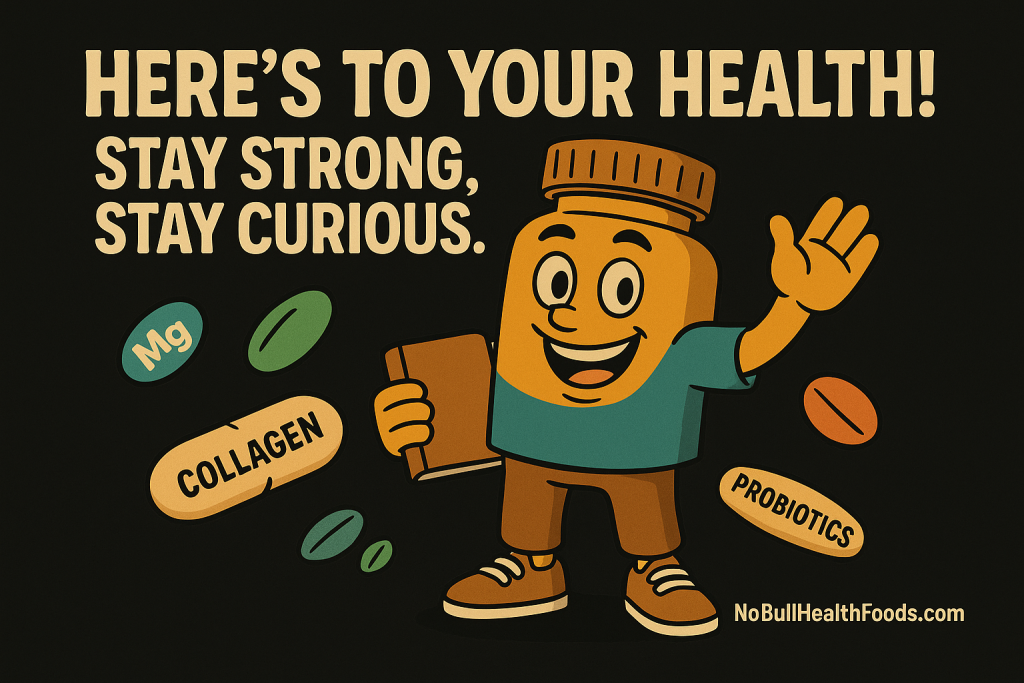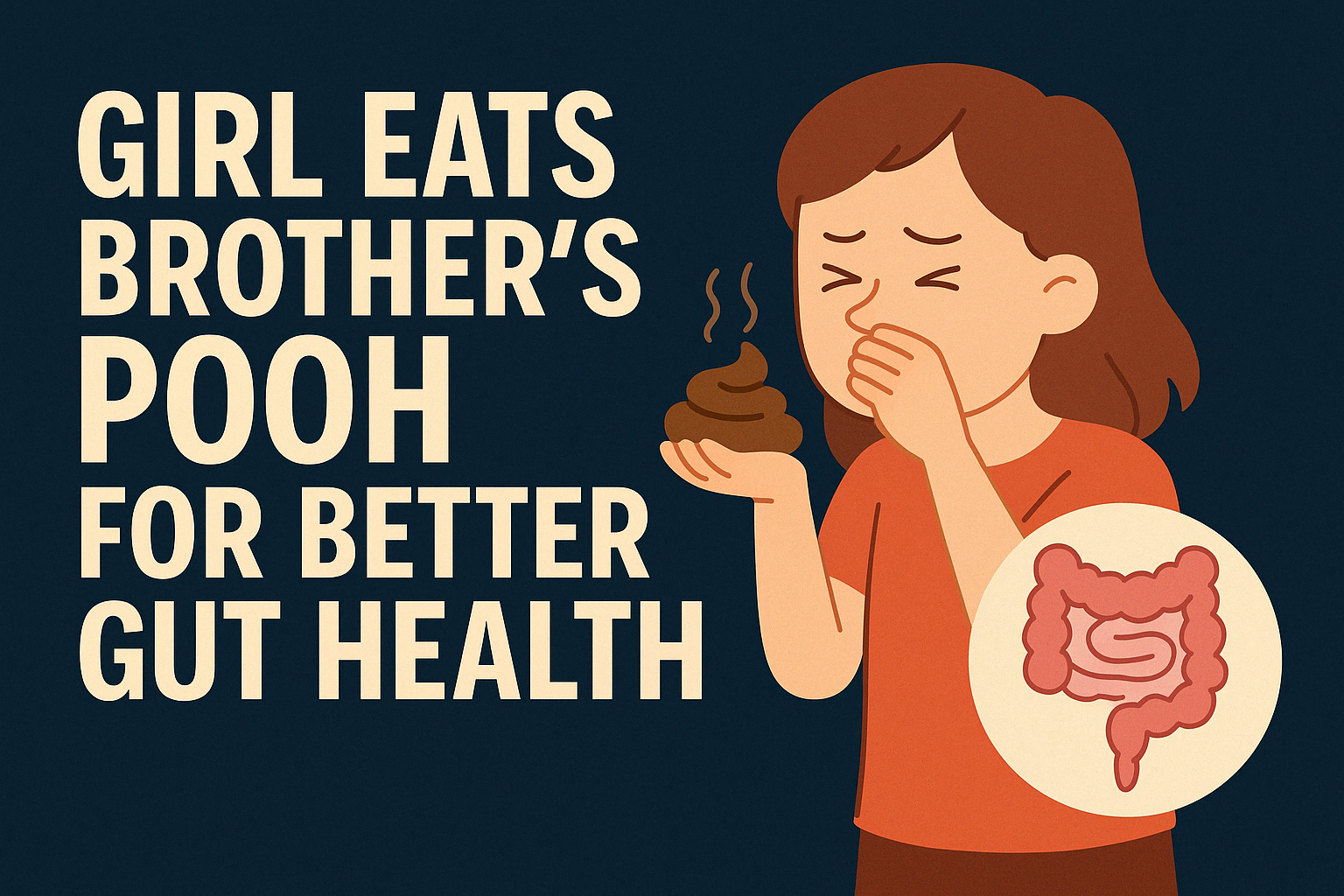Fecal Transplant: Extreme Gut Health Therapy or Medical Breakthrough?
Fecal transplant therapy is one of the most surprising — and controversial — trends in modern gut health. It’s exactly what it sounds like: transplanting stool from a healthy donor into the digestive system of someone with a damaged or imbalanced gut microbiome.
Yes, it sounds disgusting. But it’s being used in hospitals, clinical trials, and (worryingly) at home. Supporters say it can help treat conditions like IBS, chronic fatigue, and even skin issues. Critics — and most doctors — warn that it’s risky unless done under medical supervision.
In this article, we break down what fecal transplant therapy involves, who it’s for, and the safer, smarter ways to restore your gut.
💩 What Is a Fecal Transplant?
A fecal transplant, also called fecal microbiota transplantation (FMT), involves transferring healthy gut bacteria from one person’s poo into another person’s digestive system.
This can be done via:
- Capsules (freeze-dried stool in pill form)
- Colonoscopy
- Enema
- Oral DIY methods (not recommended!)
In clinical settings, FMT is most commonly used to treat Clostridioides difficile (C. diff) — a dangerous gut infection that often occurs after heavy antibiotic use. When antibiotics wipe out good bacteria, harmful ones take over. A fecal transplant helps restore the balance.
😳 DIY Fecal Transplants: The Girl Who Ate Her Brother’s Poo
Yes, this really happened.
Desperate to fix her severe digestive issues, one woman blended her healthy brother’s stool and drank it — hoping to reset her gut microbiome. Her symptoms reportedly improved.
While the results may sound convincing, this DIY approach is dangerous and strongly discouraged by medical professionals.
🧠 Why Would Anyone Try This?
Your gut microbiome — the community of trillions of bacteria in your intestines — affects much more than digestion. It also plays a key role in:
- Immunity
- Weight
- Skin health
- Energy levels
- Mental clarity
- Mood and anxiety
When your microbiome is disrupted — by antibiotics, poor diet, stress, or illness — the consequences can range from bloating and brain fog to IBS, skin conditions, and fatigue.
For some, a fecal transplant seems like a shortcut to restore balance. But it comes with serious risks.
⚠️ Why DIY Fecal Transplants Are Dangerous
Performing your own fecal transplant is unsafe. Risks include:
- Transmitting infections, viruses, or parasites
- Introducing antibiotic-resistant bacteria
- Triggering immune reactions or autoimmune issues
- Causing gut inflammation or sepsis
In medical settings, donor stool is heavily screened and tested — something you cannot replicate at home. According to the NHS and most healthcare authorities, DIY FMT is not safe or approved.
✅ Safer Ways to Support Your Gut Microbiome
You don’t need to ingest anyone else’s waste to restore gut balance. Here are science-backed alternatives that actually work — no blender required:
🥦 1. Feed Your Gut Bacteria
Add more prebiotic and probiotic foods to your meals:
- Prebiotics: oats, garlic, leeks, onions, asparagus
- Probiotics: live yoghurt, kefir, sauerkraut, kimchi
👉 Read more: Prebiotics and Probiotics UK
💊 2. Try Probiotic Drinks
Products like Yakult and Actimel offer beneficial bacteria in a convenient (and far more pleasant) form.
👉 See comparison: Actimel vs Yakult – Which Is Better?
🧃 3. Eat More Fibre
Fibre feeds your gut microbes and supports regular digestion. Many people in the UK fall short of the recommended 30g/day.
👉 Learn more: Fibre – How Much You Need
🧠 4. Avoid Microbiome Killers
Reduce exposure to things that disrupt gut health:
- Antibiotics (unless necessary)
- Stress
- High sugar diets
- Excessive alcohol
If you’ve recently taken antibiotics, a high-quality probiotic supplement can help reseed your gut flora.
🧻 Final Thoughts: Fecal Transplant — Fascinating but Not for Everyone
So, did a girl really eat her brother’s poo?
Yes — and while her results may have been real, the method was extreme. Fecal transplants are a legitimate medical treatment, but they come with risks and should only be done under clinical supervision.
The takeaway? You don’t need to go to such extremes to fix your gut. With the right food, the right supplements, and a little time, your gut can heal the safe (and sane) way.

👉 Like this article? Share it on Facebook 💬
➡️ Join our private Facebook group here! [Join Now]

Leave a Reply